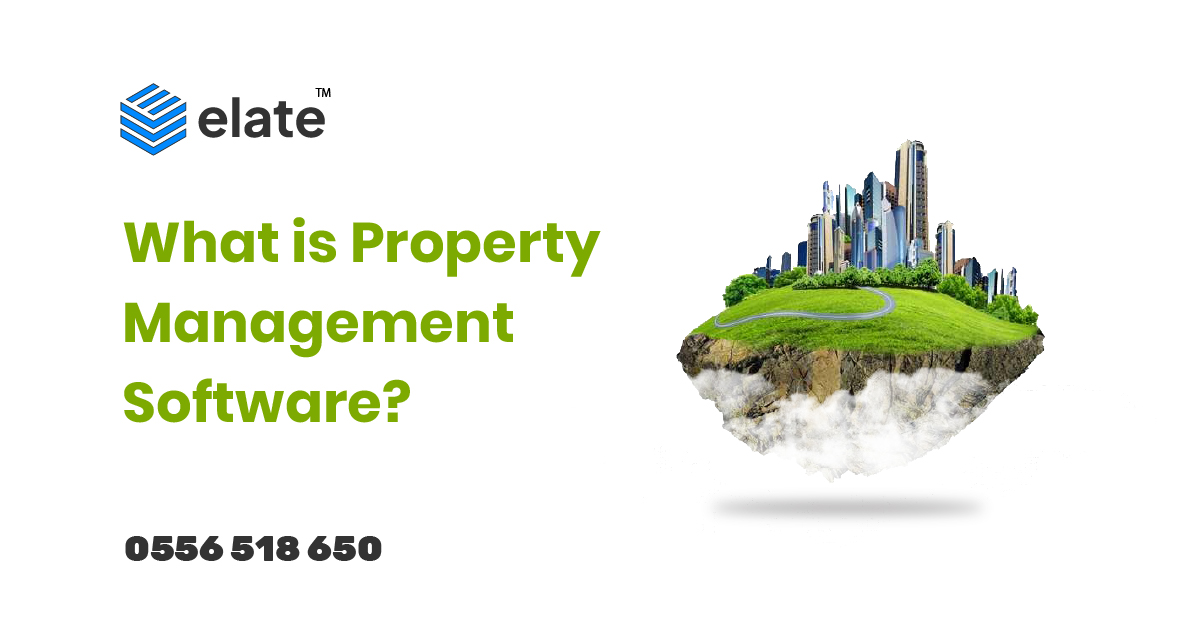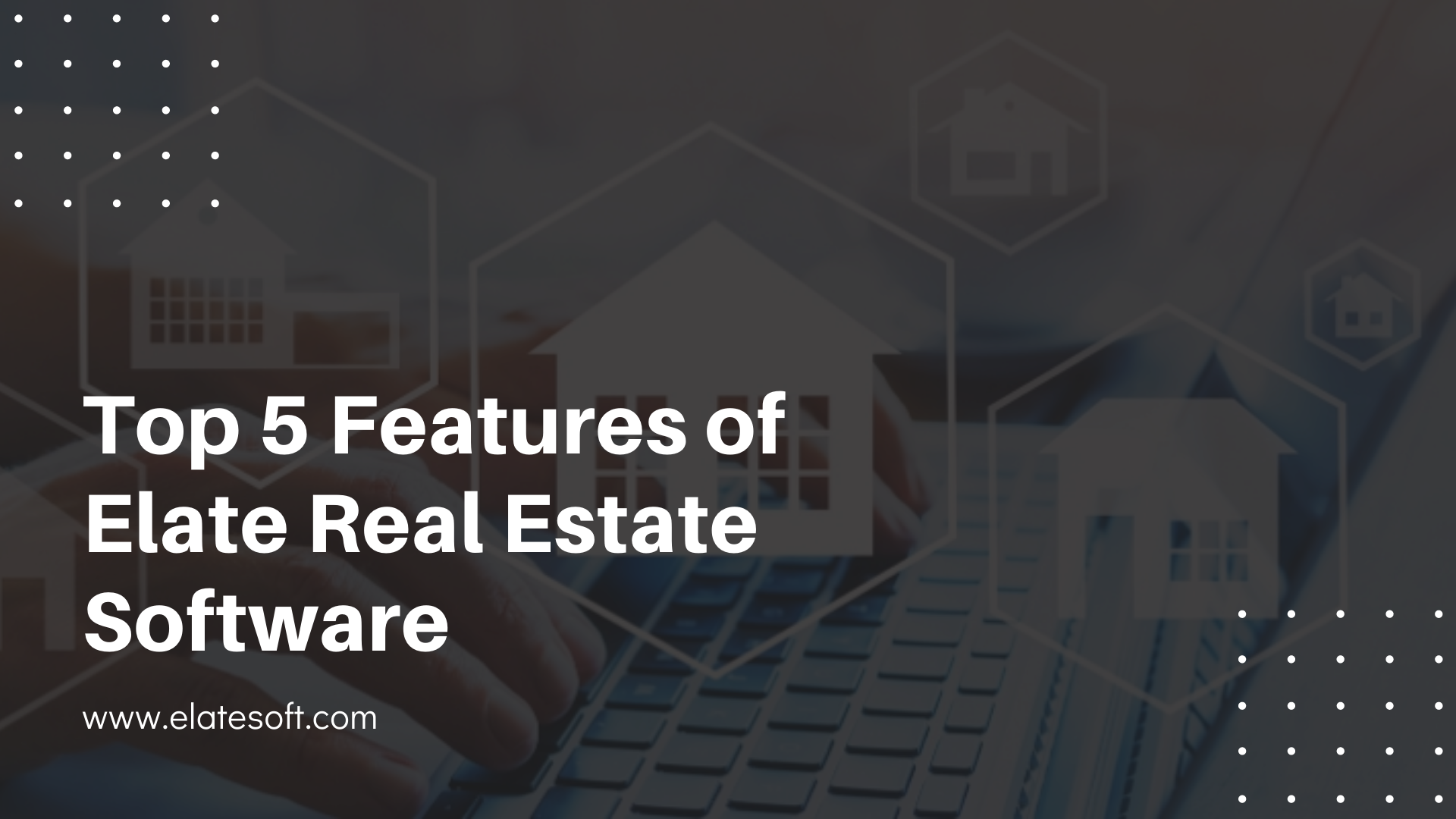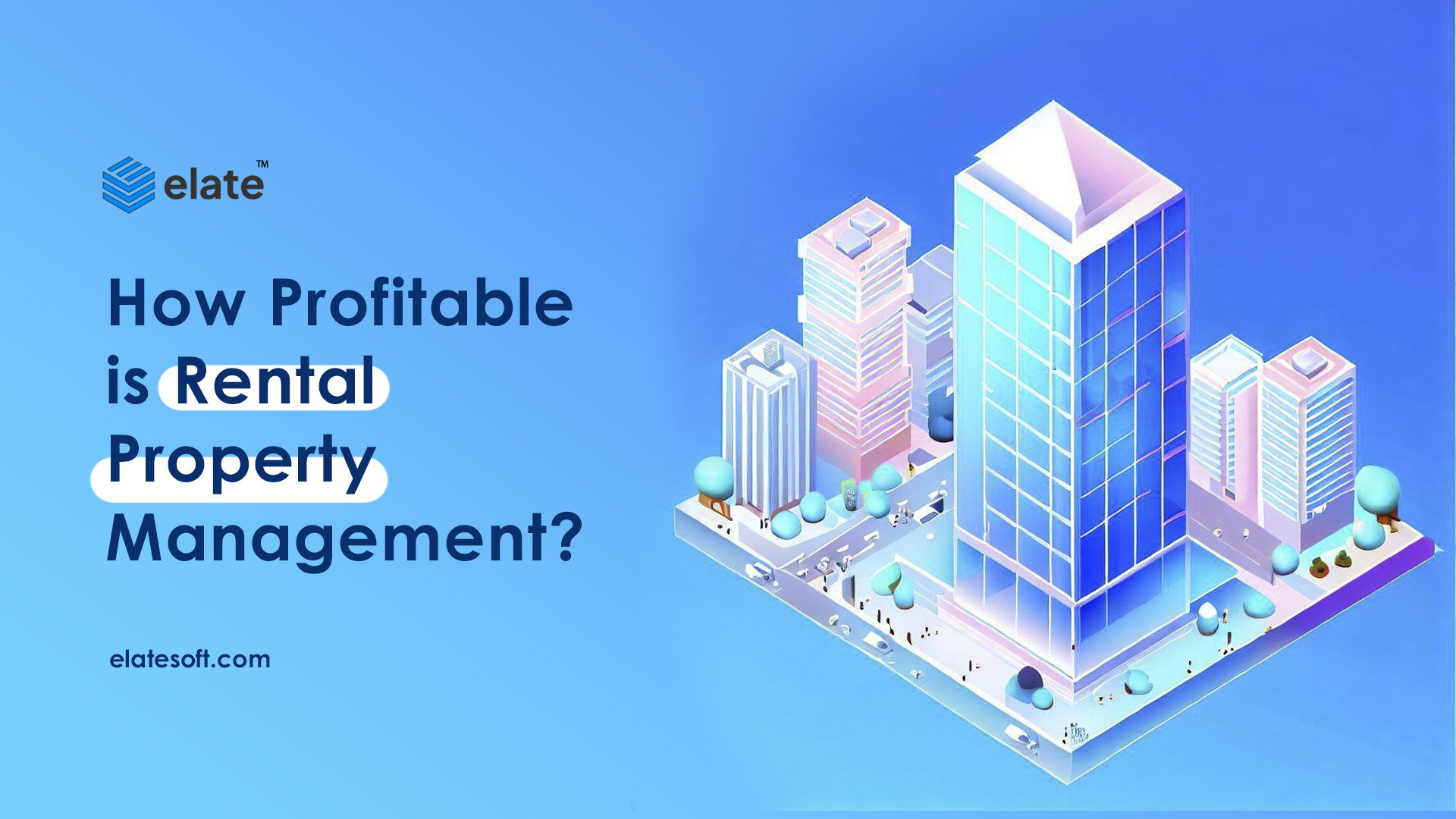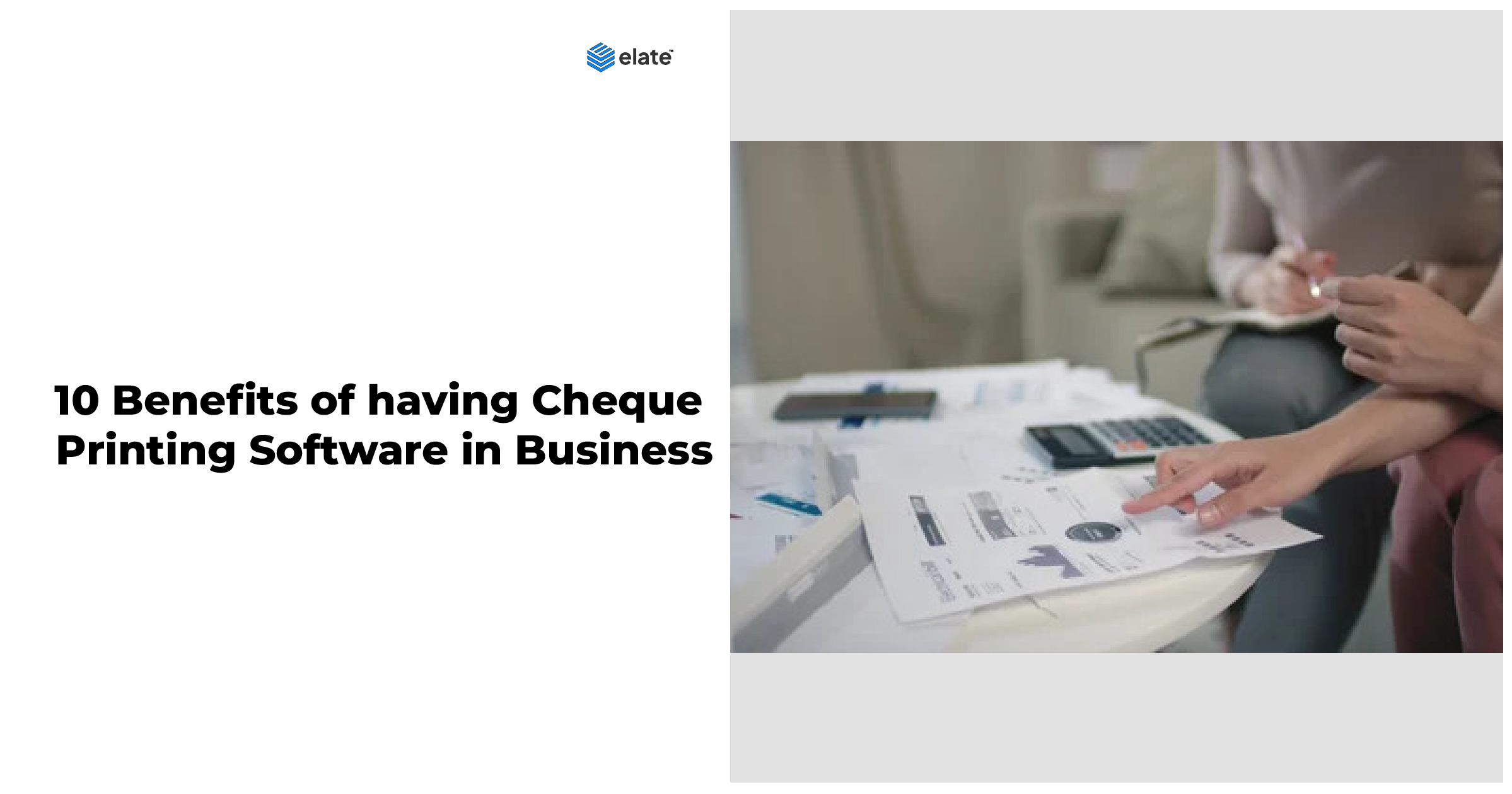
1/31/2025
Income and Expense: What property managers need to know
The foundational elements of property management accounting for property managers are income and expenses.
A word that suggests you’re earning a profit is keeping it “in the black.”
That is, a positive number appears on the net income line of your company’s income statement, commonly known as a profit and loss statement (or P&L for short).
“In the red,” on the other hand, denotes a negative net income for the period.
Income and Expenses for property management –
Making ensuring that property managers consistently bring in more money than you spend is the key to running a profitable business.
Let’s now discuss the income and expenses associated with property management, which you are probably dealing with.
Revenue –
Several revenue streams support a property management company’s top line on their income statement.
Some of those income sources can be subject to restrictions based on where you live.
For instance, there is strict regulation of late fees.
This includes who retains them, how they should be organised, when and if fees should be assessed, and how much they may be.
There are different trends and also laws in various rental markets.
What are the income sources in property management?
Management Fees –
A regular charge is often a portion of the rent for handling routine property management tasks.
Maintenance Make up –
A fee is added to the maintenance item, typically as a percentage of the entire cost of property management, for serving as a general contractor.
Parking/Garage:
In Elate TMS, we believe that making money off of your garage is successful.
As part of the owner’s a property/unit structure, we often put this up as an additional rentable item or a distinct unit.
Security Deposit –
You may be able to keep your security deposit in an interest-bearing escrow account in some states.
I have also observed management businesses doing this by having the tenant sign a document at the time of the lease saying that they are entitled to any interest earned.
The tenant may choose to receive interest payments upon move-out.
Water:
If you are the owner of a sizable village, there are a few methods to profit here.
You might submeter every apartment and charge each tenant separately in addition to a service fee.
Larger communities may decide to cover the water costs for all renters and the entire property.
Budget planning is crucial for the latter choice.
Renting Furniture –
Renting furniture is simple.
This concept has failed in lower-income communities while thriving in better-income ones, in my experience.
Electricity:
For this to be effective, you must be aware of your usual monthly electricity costs.
A great strategy to improve cash flow is to charge tenants directly and bring the entire fee in-house.
Finder Fees –
Finder fees are costs assessed when a new tenant is found for an empty apartment.
In poorer rental markets, the landlord and property managers is often responsible for paying this charge; in stronger ones, the applicant is.
Rental Application Fees –
The fees for rental applications pay for renter screening expenses.
Lockout fees or Re key fees –
If tenants lose their key or lock themselves out, they charged a lockout fee or re-key cost.
Out-of-lease surcharge:
A fee is imposed on a renter to entice them to sign a long-term lease.
Early termination fees –
This charge is always paid to the owner during move out.
Some businesses promise the owners and property managers a certain amount of rent each month.
I would investigate the management company’s early termination fee policy in that instance.
Aside from that, I do not consider accepting this fee as a fiduciary at all if the management business is paid in connection to rents obtained.
Damage Fee:
I suggest creating a pricing sheet with an estimate of usual move-out expenses.
This page should be a component of the lease and bear the tenant’s signature.
If the renter leaves the premises in a mess at move-out, you can bill by your budget and pay the owner for actual expenses.
Before doing this, you should examine your state’s regulations on move-out fees.
Expense –
It turns out that property management companies spend money in a variety of ways as well!
Consider expanding your clientele constantly as another fundamentally solid technique.
Even if you have a strong clientele base, you’re still likely to lose a client occasionally.
This may occur for wholly uncontrollable causes.
For instance, the housing market can strengthen, and a landlord might decide to sell their rental home.
Fewer clients are the single biggest threat to the top line of an income statement, therefore prevent it by employing consistent growth techniques, such as increasing revenue without opening more doors.
You need to be careful to keep track of your “net income” (revenue minus expenses).
You need to be diligent about tracking your net income (revenue minus expenses).
Good fiscal hygiene includes monitoring this figure every month and keeping a functional chart of accounts.
Continuing to consider expanding your clientele is another fundamentally great practice.
Even if you have a strong clientele base, you’re still likely to lose a client occasionally.
What are the expenses in property management?
Payroll and Contractor fees –
Paying your employee or contractor through payroll and contractor fees.
Rent –
Office space rental.
Supplies –
Supplies for the office and also for the maintenance.
Book-keeping –
Particularly during tax season, many property managers collaborate with accountants.
Service fees –
It includes the price of tenant screening services and also the price for other tools used in property management.
Tools to Help You Stay in the Black
After all, you have a business to manage, and bookkeeping isn’t usually the most enjoyable or lucrative aspect of the job.
The right tech stack can automate a lot of the process and make it simpler to communicate with owners’ important information about the condition of your properties and the value you’re adding.
For a successful business, Elate property management software is the best tool.
Elate is the best property management software in Dubai with features of Unique data architecture that adapts to your business and powerful web tools that enable businesses to launch online in the shortest amount of time and with the most cost-effective model.
Elate Real Estate Software is a cloud-based solution.
Additionally, it consists of Property Lease, Financials, and Asset Management and was created expressly to address the real estate industry’s dynamic problem.
Income and Expense: What property managers need to know
The foundational elements of property management accounting are income and expenses.
A word that suggests you’re earning a profit is keeping it “in the black.”
That is, a positive number appears on the net income line of your company’s income statement, commonly known as a profit and loss statement (or P&L for short).
“In the red,” on the other hand, denotes a negative net income for the period.
Income and Expenses for property management –
Making ensuring that you consistently bring in more money than you spend is the key to running a profitable business.
Let’s now discuss the income and expenses associated with property management, which you are probably dealing with.
Revenue –
Several revenue streams support a property management company’s top line on their income statement.
Some of those income sources can be subject to restrictions based on where you live.
For instance, there is strict regulation of late fees.
This includes who retains them, how they should be organised, when and if fees should be assessed, and how much they may be.
There are different trends and also laws in various rental markets.
What are the income sources in property management?
Management Fees –
A regular charge is often a portion of the rent for handling routine property management tasks.
Maintenance Make up –
A fee is added to the maintenance item, typically as a percentage of the entire cost of property management, for serving as a general contractor.
Parking/Garage:
In Elate TMS, we believe that making money off of your garage is successful.
As part of the owner’s a property/unit structure, we often put this up as an additional rentable item or a distinct unit.
Security Deposit –
You may be able to keep your security deposit in an interest-bearing escrow account in some states.
I have also observed management businesses doing this by having the tenant sign a document at the time of the lease saying that they are entitled to any interest earned.
The tenant may choose to receive interest payments upon move-out.
Water:
If you are the owner of a sizable village, there are a few methods to profit here.
You might submeter every apartment and charge each tenant separately in addition to a service fee.
Larger communities may decide to cover the water costs for all renters and the entire property.
Budget planning is crucial for the latter choice.
Renting Furniture –
Renting furniture is simple.
This concept has failed in lower-income communities while thriving in better-income ones, in my experience.
Electricity:
For this to be effective, you must be aware of your usual monthly electricity costs.
A great strategy to improve cash flow is to charge tenants directly and bring the entire fee in-house.
Finder Fees –
Finder fees are costs assessed when a new tenant is found for an empty apartment.
In poorer rental markets, the landlord is often responsible for paying this charge; in stronger ones, the applicant is.
Rental Application Fees –
The fees for rental applications pay for renter screening expenses.
Lockout fees or Re key fees –
If tenants lose their key or lock themselves out, they charged a lockout fee or re-key cost.
Out-of-lease surcharge:
A fee is imposed on a renter to entice them to sign a long-term lease.
Early termination fees –
This charge is always paid to the owner during move out.
Some businesses promise the owners a certain amount of rent each month.
I would investigate the management company’s early termination fee policy in that instance.
Aside from that, I do not consider accepting this fee as a fiduciary at all if the management business is paid in connection to rents obtained.
Damage Fee:
I suggest creating a pricing sheet with an estimate of usual move-out expenses.
This page should be a component of the lease and bear the tenant’s signature.
If the renter leaves the premises in a mess at move-out, you can bill by your budget and pay the owner for actual expenses.
Before doing this, you should examine your state’s regulations on move-out fees.
Expense –
It turns out that property management companies spend money in a variety of ways as well!
Consider expanding your clientele constantly as another fundamentally solid technique.
Even if you have a strong clientele base, you’re still likely to lose a client occasionally.
This may occur for wholly uncontrollable causes.
For instance, the housing market can strengthen, and a landlord might decide to sell their rental home.
Fewer clients are the single biggest threat to the top line of an income statement, therefore prevent it by employing consistent growth techniques, such as increasing revenue without opening more doors.
You need to be careful to keep track of your “net income” (revenue minus expenses).
You need to be diligent about tracking your net income (revenue minus expenses).
Good fiscal hygiene includes monitoring this figure every month and keeping a functional chart of accounts.
Continuing to consider expanding your clientele is another fundamentally great practice.
Even if you have a strong clientele base, you’re still likely to lose a client occasionally.
What are the expenses in property management?
Payroll and Contractor fees –
Paying your employee or contractor through payroll and contractor fees.
Rent –
Office space rental.
Supplies –
Supplies for the office and also for the maintenance.
Book-keeping –
Particularly during tax season, many property managers collaborate with accountants.
Service fees –
It includes the price of tenant screening services and also the price for other tools used in property management.
Tools to Help You Stay in the Black
After all, property managers have a business to manage, and bookkeeping isn’t usually the most enjoyable or lucrative aspect of the job.
The right tech stack can automate a lot of the process and make it simpler to communicate with owners’ important information about the condition of your properties and the value you’re adding.
For a successful business, Elate property management software is the best tool.
Elate is the best property management software in Dubai with features of Unique data architecture that adapts to your business and powerful web tools that enable businesses to launch online in the shortest amount of time and with the most cost-effective model.
Elate Real Estate Software is a cloud-based solution.
Additionally, it consists of Property Lease, Financials, and Asset Management and was created expressly to address the real estate industry’s dynamic problem.




